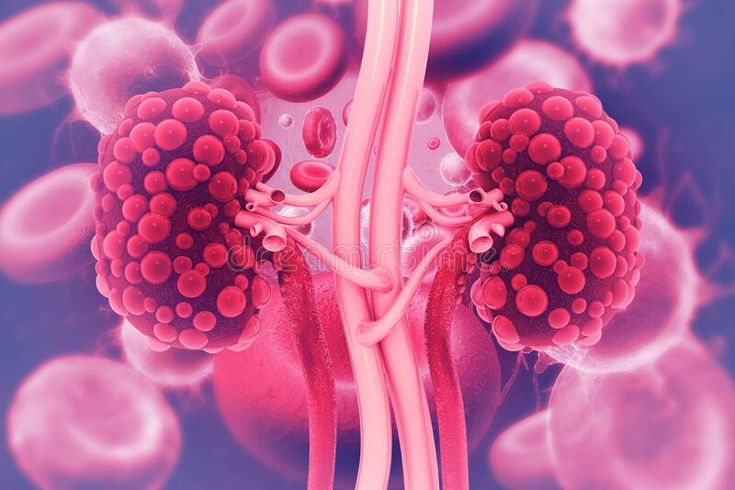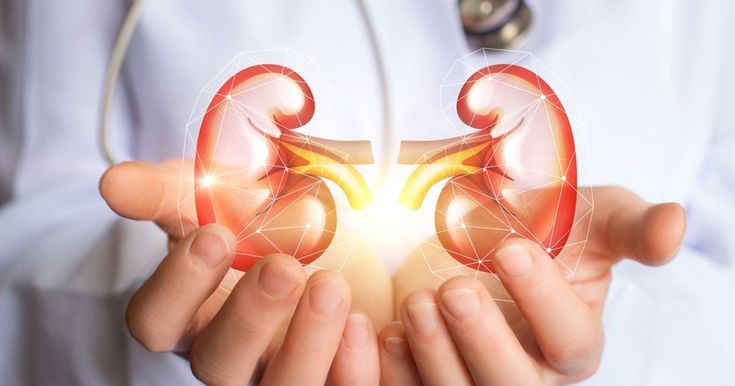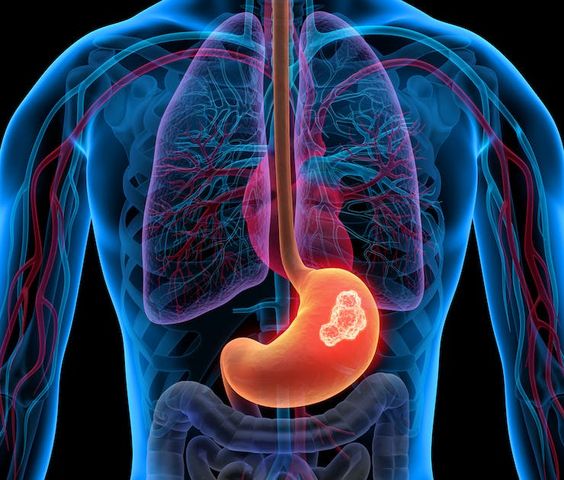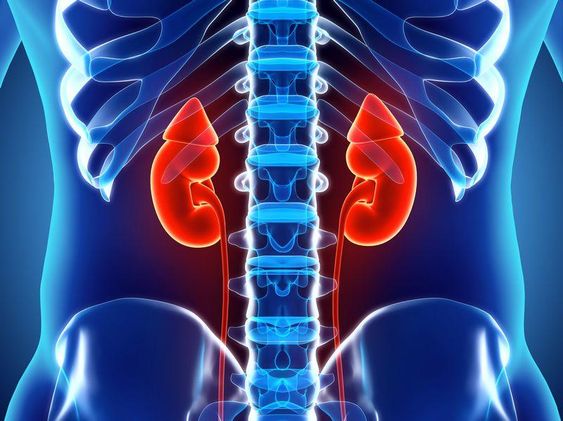Kidney transplantation is an important turning point in modern medicine, providing a lifeline to patients suffering from the devastating symptoms of end-stage renal illness. This technique, on the other hand, goes beyond the scope of a simple surgical procedure. Its success is due not only to the complexities of surgical procedure, but also to the significant balance between the transplanted kidney and the recipient’s immune system, a symbiotic connection critical for the new organ’s long-term viability.
At its foundation, kidney transplantation represents the promise of increased energy and independence from dialysis for people suffering from end-stage renal illness. This revolutionary potential, however, is met with a major challenge: the recipient’s immune system’s close monitoring.
The immune system, the body’s alert monitor, is finely aimed to recognizing and neutralizing foreign things, protecting the body from possible dangers. This constant monitoring mechanism interprets the newly introduced organ as an invader in the setting of a donated kidney, prompting a cascade of reactions aimed at eliminating it. Immune cells, namely T and B lymphocytes, are ready to protect the body against perceived dangers such as the donated kidney. While this is a natural defensive mechanism, it is a significant impediment to the transplanting effort’s success.
Enter VIKCEPT 500MG: Mycophenolate Mofetil’s Vital Role
VIKCEPT 500MG is at the forefront of transplant medical innovation, acting as an essential component in the complex dance between a transplanted kidney and the recipient’s immune system. This pharmacological miracle, anchored by its basic constituent, Mycophenolate Mofetil 500 mg, takes center stage in orchestrating a harmonious connection critical for the success of kidney transplantation.
In essence, Mycophenolate Mofetil in VIKCEPT 500MG functions as a sentinel, dedicated to preventing rejection after a kidney transplant. Its careful design and composition represent years of study and development aimed at tackling one of transplant medicine’s most difficult challenges: preventing the recipient’s immune system from unveiling an aggressive response against the donated organ.
Mycophenolate Mofetil is a light of hope in the field of transplant medicine, where the delicate balance between graft survival and immunological tolerance is critical. Its function in VIKCEPT 500MG goes beyond its medicinal composition; it represents the culmination of scientific discoveries and a commitment to altering the landscape of kidney transplantation.
VIKCEPT 500MG, which is driven by Mycophenolate Mofetil is a medicine to the never-ending goal of improving patient outcomes, extending graft survival, and providing patients with a renewed opportunity at a happy life beyond the constraints of end-stage renal illness.
How VIKCEPT 500MG Maintains Balance
Mycophenolate Mofetil, the active component, is a powerful immunosuppressive drug. Its mode of action is based on preventing the growth of certain immune cells known as lymphocytes. These lymphocytes, especially T and B cells, serve as the immune system’s foot troops in the fight against the alien kidney. VIKCEPT 500MG dramatically reduces the strength of the immunological assault by slowing their proliferation, reducing the chance of rejection.
A Transplant Regimen Strategic Component
VIKCEPT 500MG does not work in isolation; it works in combination with a comprehensive immunosuppressive treatment suited to each transplant patient. VIKCEPT 500MG is frequently prescribed together with other drugs, such as calcium channel blockers and steroid medication, each of which has a separate but complimentary function in avoiding rejection.
The efficacy of VIKCEPT 500MG in avoiding rejection after kidney transplantation, as proven by various clinical research, manifests significantly in the lives of patients who follow their recommended regimen faithfully. This medicine, which is essential in the immunosuppressive treatment, ensures graft survival by reducing rejection events. Beyond statistics, its impact is palpable in patients’ improved quality of life, freeing them from the confines of renal failure and dialysis, allowing for a renewed sense of normalcy, independence, and the opportunity to fully engage in life’s pursuits, embodying a beacon of hope and resilience in the realm of transplant medicine.
Continued Progress and Conclusion
As transplant medicine research advances, the future offers potential for new immunosuppressive medicines like VIKCEPT 500MG. Ongoing research aims to improve dosage regimens, investigate innovative formulations, and uncover possible synergies with developing medicines, all with the goal of improving results while reducing adverse effects.
In essence, VIKCEPT 500MG, aided by Mycophenolate Mofetil, is a valuable asset in the field of kidney transplantation. Its critical function in maintaining the delicate balance between a donated kidney and the recipient’s immune system distinguishes it as an essential component in assuring the success and durability of this life-saving treatment.




